Support Resources During Chemotherapy
By Dr. Elise Carter / Jan 28
Embracing the emotional journey of chemotherapy isn’t just about managing physical symptoms; it's about understanding the myriad of feelings that accompany this life-altering experience. As survivors often face anxiety and depression long after treatment, navigating these emotions can lead to a healthier recovery. What insights can you gain to better support yourself or a loved one during this challenging time?
Chemotherapy treatment brings a range of emotional challenges, both during and after. This visual outlines common emotional responses experienced by patients and highlights the ongoing focus for survivors.
When facing chemotherapy, it’s common to experience a whirlwind of emotions. Many patients feel overwhelmed by anxiety, depression, and fear during their treatment journey. At Types of Chemotherapy, we understand that navigating these feelings is crucial to maintaining overall well-being. Let’s explore the emotions you might encounter and how to normalize these experiences as part of your cancer treatment.
It's natural to feel a range of emotions while undergoing chemotherapy. Many patients report feelings of anxiety, which can stem from uncertainty about treatment outcomes and side effects. Depression may also manifest as a response to the challenges of this journey, impacting your mood and energy levels. Fear of the unknown can be a heavy weight to carry, and recognizing these emotions is the first step toward managing them effectively.
Understanding that you're not alone in these feelings can be comforting. Many people experience similar emotional responses during their treatment. For more insights on coping with feelings during cancer treatment, the National Cancer Institute provides valuable resources. Have you ever felt a surge of anxiety before your appointments? Recognizing these feelings as a normal part of the process can help you cope better.
It's essential to normalize these emotional experiences during chemotherapy. Many patients believe they must remain strong and composed, but it's okay to acknowledge your feelings. Emotions are a natural part of the human experience, especially in challenging times. Embracing your emotions allows for healthier coping mechanisms and connections with others who understand your journey.
Here are some common emotional responses you might encounter:
By recognizing and validating these feelings, we can foster a more supportive environment for ourselves and others facing similar challenges.
Anxiety can have significant implications for both your physical and mental well-being. It may manifest as symptoms like increased heart rate, insomnia, or digestive issues. These physical responses can further exacerbate emotional distress. It's crucial to have open conversations with your healthcare team about your experiences; they can provide resources to help manage these feelings effectively. For a deeper understanding of the psychological distress in cancer patients, a study published in PMC highlights the prevalence and impact of such issues. Have you noticed how anxiety can make you feel more fatigued? The connection between our emotional and physical health is profound, and understanding this can empower you to seek help.
Depression can deeply affect your quality of life during chemotherapy. It may lead to feelings of hopelessness or a lack of interest in previously enjoyed activities. Recognizing the signs of depression is vital, as it allows you to seek appropriate support and interventions. Quality of life matters, and prioritizing your emotional health is just as important as managing physical symptoms.
Some common signs of depression include:
Identifying these signs can be the first step towards getting the help you need.
Side effects from chemotherapy can also play a significant role in emotional health. Symptoms like fatigue, nausea, or changes in appearance can lead to feelings of hopelessness or frustration. It's important to remember that these side effects are temporary and manageable. Discuss with your oncologist strategies to alleviate these side effects, which can subsequently improve your emotional well-being.
By addressing the physical aspects of your treatment, you can alleviate some of the emotional burdens that accompany them. Together, we can navigate this challenging journey.
Consider journaling your emotions throughout your chemotherapy journey. Writing can serve as a therapeutic outlet, helping you process your feelings and track changes over time. This practice not only provides insight into your emotional landscape but can also be a valuable tool for discussing your experiences with healthcare providers.
A: Yes, it is very common and normal. Many patients experience anxiety, depression, and fear due to the uncertainties of treatment, side effects, and life changes. Acknowledging these feelings is an important first step towards managing them.
A: Normalizing emotions involves accepting that it's okay to feel a range of feelings, including difficult ones. Understanding that many others share similar experiences can help. Embracing your emotions rather than suppressing them fosters healthier coping mechanisms.
A: For anxiety, look for increased heart rate, insomnia, and digestive issues. For depression, common signs include persistent sadness, loss of interest in activities, changes in appetite or sleep patterns, and feeling overwhelmed. If you notice these symptoms, it's crucial to seek support.
A: Yes, emotional challenges can continue long after treatment. These can include post-traumatic stress, persistent depression, fear of cancer recurrence, and feelings of isolation or shifts in relationships. Ongoing support is vital for managing these long-term effects.
A: Practical strategies include establishing routines, practicing mindfulness (like yoga or meditation), seeking professional help from therapists specializing in cancer care, and connecting with community resources such as support groups. Building resilience through gratitude and setting small goals can also be beneficial.
A: You can connect with community resources such as local cancer support groups, online communities, and educational workshops. Healthcare providers can also offer referrals to counselors or therapists. Sharing your personal story can also foster connection and healing.
After completing chemotherapy, many survivors face an ongoing journey of emotional health and recovery. It’s not uncommon for patients to experience a mix of feelings as they navigate life beyond treatment. Have you recognized how your emotional landscape may shift after chemotherapy? Understanding these changes is vital for embracing your next chapter.
As an oncologist, I’ve seen firsthand how the emotional challenges faced during treatment can linger long after the last infusion. It’s essential to acknowledge these feelings and to be proactive about your mental health as a part of your overall well-being.
Survivorship is often filled with hope, but it can also bring unexpected emotional challenges. It's important to recognize that the emotional impact of chemotherapy can extend well past the treatment phase. Here are some common emotional challenges that may arise:
Identifying these ongoing emotional challenges can be the first step toward managing them. Remember, it’s perfectly normal to feel a range of emotions long after your treatment has ended. For a detailed perspective on psychological resilience and fear of recurrence, a study in Frontiers in Psychology offers further reading.
After chemotherapy, you might find yourself grappling with feelings that were previously masked by treatment. It's crucial to recognize these emotional shifts. Have you noticed changes in your mood or outlook on life? These can be signs that you need to address your emotional health actively.
Common challenges include:
Continuing to nurture your emotional health is vital. Here are some effective strategies you can employ:
Don’t forget, reaching out for help is a sign of strength, not weakness. It’s an important part of your healing journey.
Your community can be a tremendous asset in navigating the emotional landscape after chemotherapy. Connecting with local cancer support groups or online resources can provide a sense of belonging and understanding. Have you explored what's available in your area? Resources may include:
As you move forward, remember that you are not alone in this journey. Building resilience is key, and it can be fostered through the support of loved ones and community resources. Have you considered how you can open up to your family and friends about your experiences?
Sharing your feelings and allowing others to support you is a critical step in the healing process. Emotional health is not just about managing symptoms; it's about building a fulfilling life after cancer.
Resilience is about bouncing back from challenges, and it can be cultivated with effort. Here are ways to build resilience:
Finding ongoing support is essential as you navigate life post-chemotherapy. Look for resources that align with your needs, whether it's therapy, support groups, or online communities. Don't hesitate to reach out and explore different options!
Consider creating a list of resources that resonate with you and keep them handy for when you need support. This proactive approach can empower you to handle emotional challenges more effectively.
Sharing your journey can be incredibly healing, not just for you but also for others. Have you thought about sharing your story with a support group or online community? It can foster connection and create a sense of solidarity among those who have been through similar experiences.
Ultimately, remember that your story matters. Every step you take toward emotional health contributes not only to your own well-being but also inspires others facing similar paths. Embrace your journey and the support available to you!
Here is a quick recap of the important points discussed in the article:
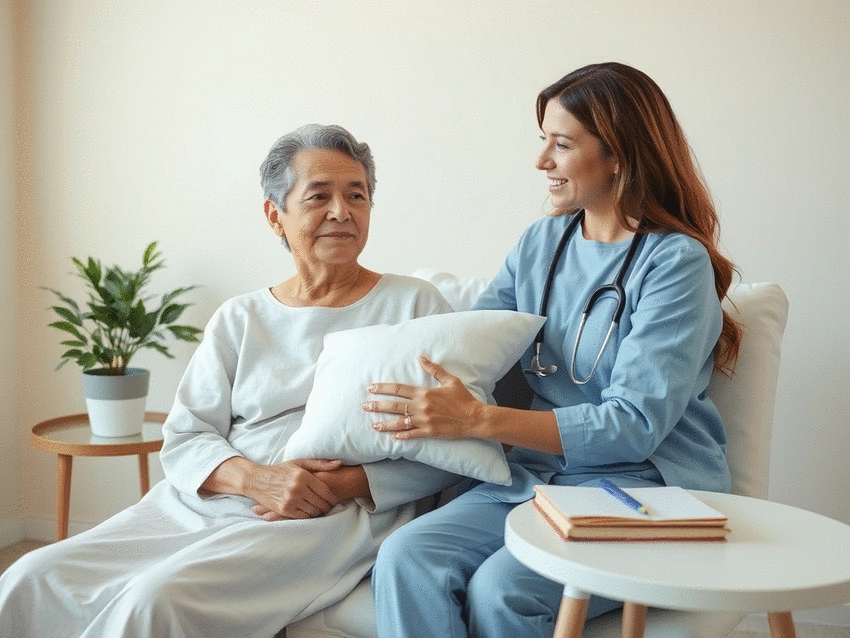
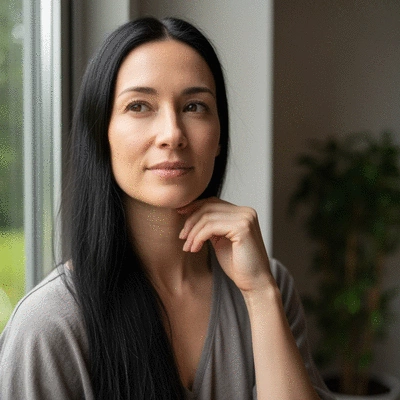
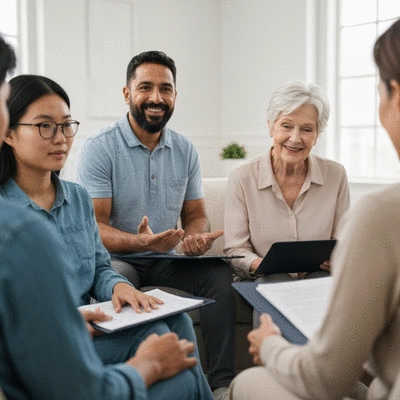
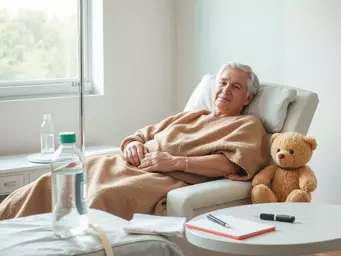 Support Resources During Chemotherapy
Did you know that support resources can significantly ease the journey through chemotherapy? Underst
Support Resources During Chemotherapy
Did you know that support resources can significantly ease the journey through chemotherapy? Underst
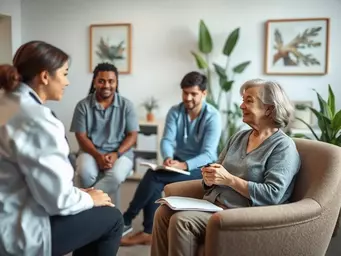 Supporting Mental Health in Chemotherapy
When you think about cancer treatment, how often do you consider the emotional toll it takes on pati
Supporting Mental Health in Chemotherapy
When you think about cancer treatment, how often do you consider the emotional toll it takes on pati
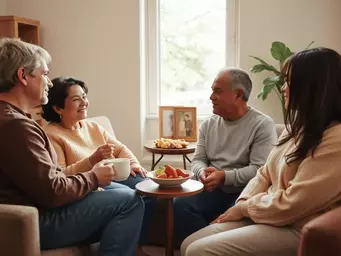 Chemotherapy's Impact on Relationships
Have you ever considered how a cancer diagnosis can reshape the relationships around you? The emotio
Chemotherapy's Impact on Relationships
Have you ever considered how a cancer diagnosis can reshape the relationships around you? The emotio